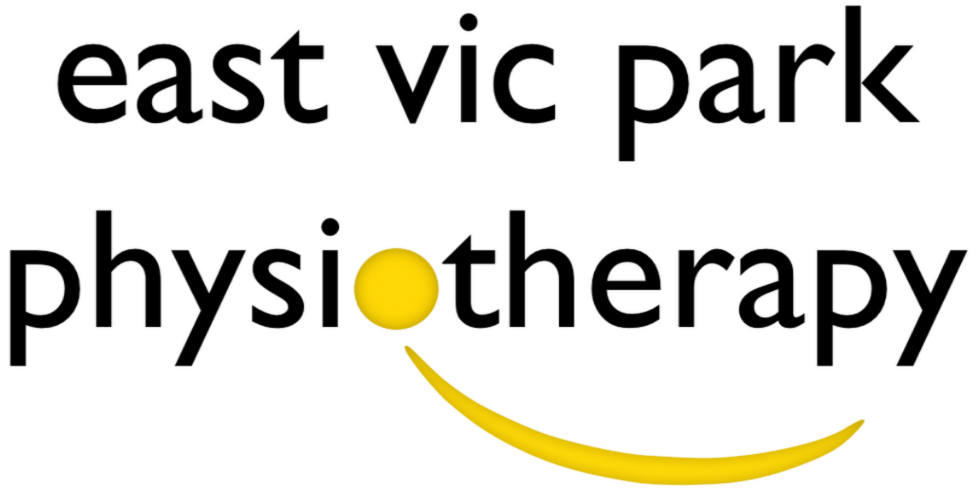Proximal Hamstring Tendinopathy and Early Stage Rehabilitation Exercises
Proximal hamstring tendinopathy occurs due to an overload of the hamstring tendon inserting into the buttock bone, the ischial tuberosity. It is quite common in runners also in sports/activities which require repetitive tension on the hamstrings plus increased forward trunk lean.
It’s caused by a sudden change in volume, frequency or intensity of exercises, or exposed to high compressive loads such as hill walking/running or forward lean position. Both these activities increased the strain on the proximal tendon. Running technique plays a major role, including an increased stride length or trunk lean puts increased tension on the tendon combined with any major changes in running load.
Much like other tendinopathies of the patella and achilles, pain can initially come on with running then have a ‘warm up’ effect, then return post activity with stiffness the following morning. In more severe cases pain comes on during the run and remains throughout.
Assessment is performed through progressive loading of the hamstring tendon to reproduce pain, in addition to palpation over the tendon. Ruling out other diagnosis such as involvement of the lumbar spine and sciatic nerve involvement are important.
Treatment is aimed at load modification, but just as importantly performing progressive targeted, non-compressive loading of the tendon to enhance its tolerance to load. This starts off with isometrics, dependent on the patient’s irritability but then progressing towards gym-based strengthening and sports specific exercises.
With respect to running, working on reduce stride length, increasing cadence and avoiding hills will assist with reducing stress on the tendon.
Early stage isometric exercises include: 5 reps, 30-45 seconds hold and can be performed daily prior and post runs. These also act as ‘panadol’ to assist with pain relief.
Single Leg Bridge Hold
Prone Hamstring Curl Isometric


